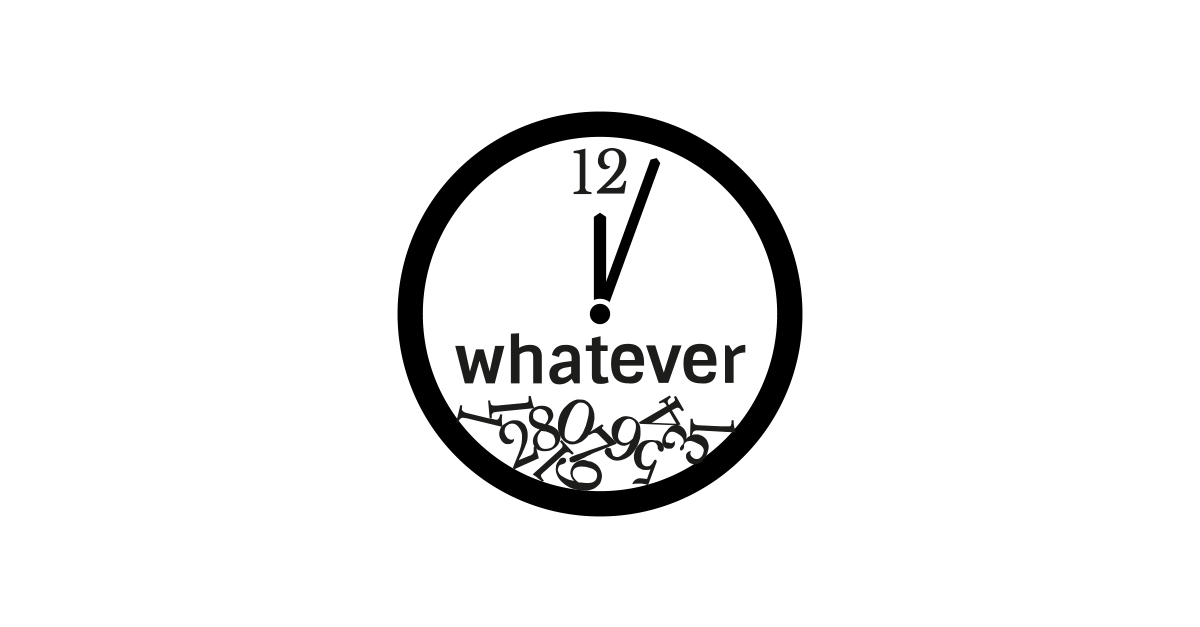- 38 Posts
- 75 Comments

 202·1 year ago
202·1 year agoThis is effectively saying, “This article is correct but for the wrong reasons”. People aren’t angry about why hundreds of migrants dying isn’t newsworthy. They’re angry that it’s not newsworthy.
I’m frankly surprised that not enough people find it disgusting that the EU passively killing hundreds of refugees is less interesting because the EU does so regularly.

 1·1 year ago
1·1 year agoOh sorry I meant I’ve seen reports that the voltage issue was due to a few faulty programmers, I’ve personally never used one.
Interestingly, this video also brings up amps as the root cause, not volts. I might get an Arduino in that case just for more control, but would you say it’s beginner-friendly? This would be my first time attempting libreboot (or any kind of chip programming for that matter)…

 1·1 year ago
1·1 year agoThanks a ton. I’ve been looking into this myself, and it seems like the issue was mostly due to a few faulty CH341a models, and it also seems that newer models allow a toggle between 3.3v and 5v. But reassuring that it’s worked well for you too.
I think I might get a cheap multimeter as they can come for less than $10, just to be safe. Could be a good long term investment!
Oh nice thanks!

 1·1 year ago
1·1 year agoCheers! Yep, I’m gonna give them the down low on Linux. I might even modify the DE to imitate the Windows 11 UX so the transition is easier.
I’m basically boiling it down to Debian/Debian-based OR Fedora…

 1·1 year ago
1·1 year agoThis is actually a good shoot. Or maybe something like Gallium OS, but dunno if that’s still around haha.

 1·1 year ago
1·1 year agoThanks for the heads up. My main concern with Zorin and Pop (out of ignorance, more than anything) is that they’re built with more modern devices, and will make the ThinkPad experience extremely slow? You think this should be a concern or it’ll be fine?

 2·1 year ago
2·1 year agoAmazingggg, never thought of the YouTube use case, I’m gonna try it myself. I’ve been using NewPipe and Libretube, but they just don’t cut it for me hahaha.

 2·1 year ago
2·1 year agoYep, the UI can be a bit tricky. If I swipe a few times it usually figures out that I’m trying to refresh, and does so.

 4·1 year ago
4·1 year agoPerfect! Honestly, my greatest fear is that something breaks and they need to look up fixes by themselves. For a technophobe, StackOverflow and other forums can be pretty intimidating or downright hostile.
Ideally I’d like to opt for a distro that firstly works well on old machines (I’m going for a ThinkPad T400, i.e. an ancient one), and secondly, if it does break, can be fixed with a GUI hopefully.

 3·1 year ago
3·1 year agoBased on my understanding, primary uses:
- Read research papers (PDFs). Annotations functionality is a must (includes highlighting, commenting etc).
- Write university essays, including formatting, academic citations etc. I’d personally stick to Libre Office but realistically, they’re gonna use the MS Office suite. So I’d like to either have MS Office offline on the machine, OR let them use the on-line version easily.
- Listen to music fairly regularly, so Spotify is a must.
- Easy access to banking, finance etc.
Secondary uses:
- Streaming-wise, they occasionally use Netflix but mostly stream via one of “those websites” if you catch my drift
- They also like to use a VPN, which I can help set up (I’m planning to use my own OpenVPN instance)
- Social media, i.e. Gmail, FB etc.
So yeah, I think the ideal situation would be one that easily allows:
- Using MS Office
- Using Adobe (I’d have used Okular personally, but it’s annotations are utterly inaccessible if I share my Okular-annotated PDF with an Adobe user and vice versa)
- Browser for everything else (I’ll likely give them Brave)

 2·1 year ago
2·1 year agoMy thoughts exactly! I plan to use Native Alpha mostly to give the devs ample time to improve Jerboa, and will eventually jump ship (I think)

 1·1 year ago
1·1 year agoOn mobile website, just click the hamburger menu from the top right and click “Create Community”!

 31·1 year ago
31·1 year agoOh nice, I’ll try this too!

 1·1 year ago
1·1 year agoI think you’re right in that the structure is confusing. Personally, I think it’s less confusing than it is “novel”. Like in a world where the fediverse was the norm, centralised apps would’ve been confusing.
Either which way, I think you’re correct – part of it is because we don’t really have a good analogy for how this whole thing works.
This is how I see it: Lemmy is like a house party hosted in a huge venue that has hundreds of doors (i.e. instances). The doors have some slight differences (maybe some are huge, some are tiny, some have bouncers, some let you bring your own costumes etc). But for the most part, it doesn’t really matter what door you enter the party through, as all doors open into the same common space.
However, the door you choose does make you physically closer to one cluster of people than the rest of the party. That’s how I see the “local” filter. But if you’re just interested in getting into the party asap, just pick any instance and join.
This still isn’t a perfect analogy though – if a door shuts down, you don’t magically disappear from the party. But if an instance goes down, you do. Still, for the uninitiated, I feel like this is a sensible enough analogy.
Thank you so much. Across the Fediverse!

 6·1 year ago
6·1 year agoI think I’m going to stick to Lemmy and use Reddit only to promote Lemmy. I’ve been created a few new communities here and will plug them to Reddit users.

























👀